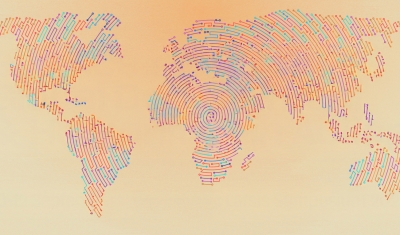A Regional Consultation for Africa on the Future of the UN Treaty Body System
26 July 2017
The Academic Platform on Treaty Body Review 2020, hosted by the Geneva Academy, just held its fourth regional consultation, which took place on 20–21 July in Nairobi, Kenya.
Hosted by Strathmore University Law School together with the Universities of Nairobi and Pretoria, the regional consultation for Africa gathered academics, civil society and persons involved in treaty bodies and African (or regional) human rights mechanisms to discuss their views on the 2020 Treaty Body Review as initiated in 2014 by the General Assembly of the United Nations.
Participants notably discussed the complementarity of treaty bodies with the African human rights mechanisms, as well as ways to maximize the effectiveness of treaty bodies' activity and to increase their accessibility in the region.
The Geneva Academy is now looking forward to the remaining regional consultations of the Academic Platform, which will take place in Amman from 21 to 22 August 2017 and New Delhi from 6 to 7 October 2017.













